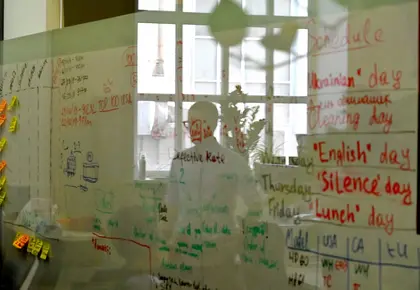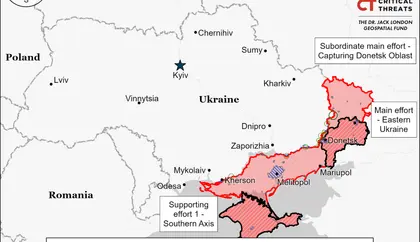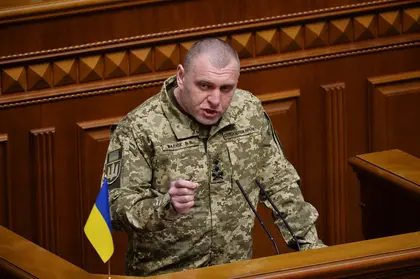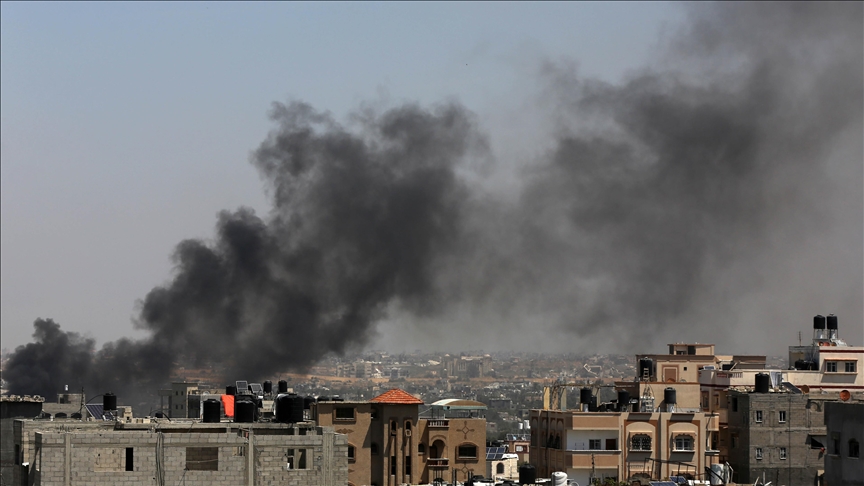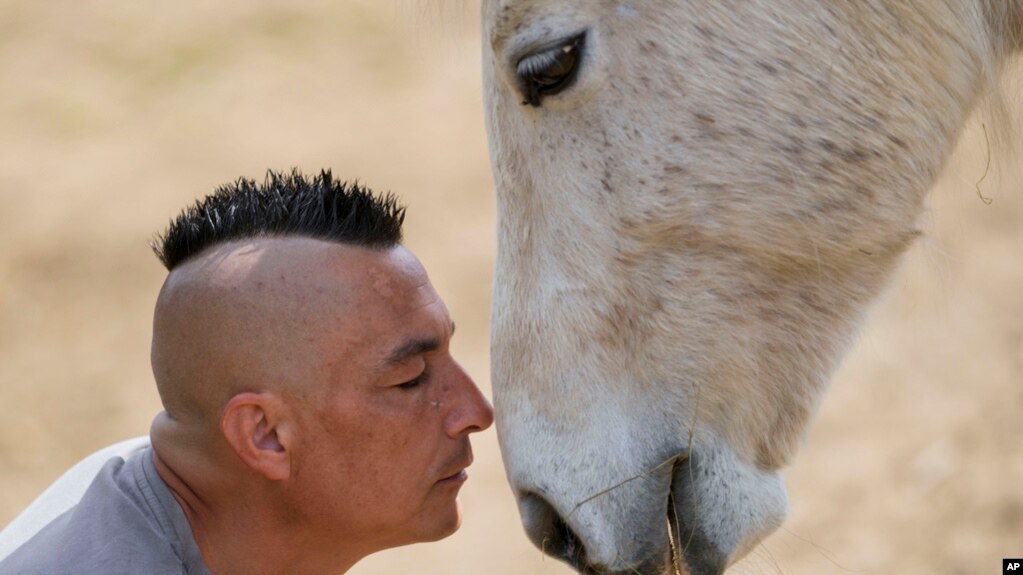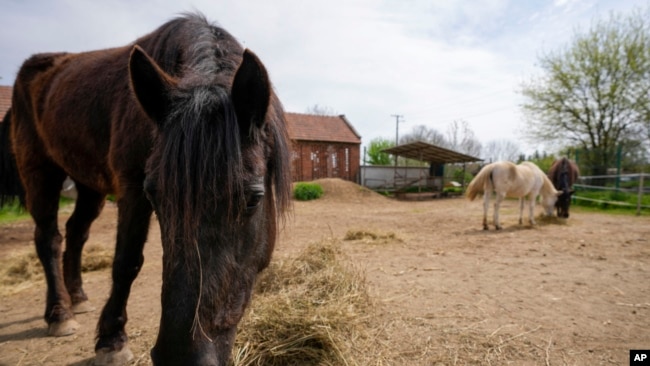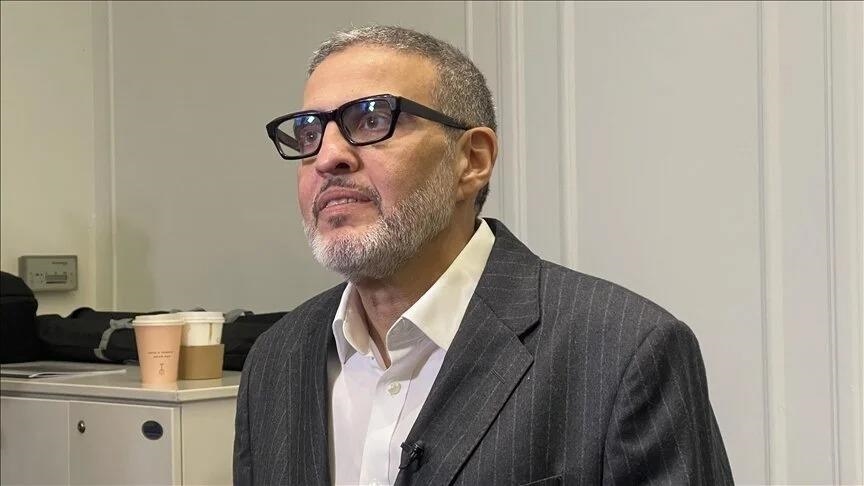OFFBEAT
New airline Bark bets big on $6,000 flights for dogsStarting April 11, dog owners will be able to book flights on Gulfstream 550 private jets
Published: April 13, 2024
Bark Air
Flying with dogs can be fraught, and the options are slim. If they're small enough, you can keep them in a carrier under a conventional airplane seat. If not, you can crate them and check them into the cargo hold"-a scary prospect for pet owners. Although unwelcome incidents are statistically uncommon, it's unsettling how often dogs are flown to the wrong destinations or mishandled by airport staff. Airline-related pet deaths are logged by the Bureau of Transportation Statistics on a monthly basis; between September and November 2023, the most recent months where data is available, there were three such incidents on US carriers.
Bark Air, a new airline dedicated to dogs and their humans, aims to address worries for those with outsize pet budgets. Starting on April 11, dog owners will be able to book flights on Gulfstream 550 private jets, with all members of the family allowed in the main cabin. It's the latest offering from Bark Inc., the company behind BarkBox, a subscription service for popular dog treats.
The airline will operate once-weekly flights from New York to Los Angeles in each direction, as well as twice monthly from New York to London. It will use secondary airports better able to accommodate private flights: New York's Westchester County Airport (HPN), Los Angeles' Van Nuys Airport (VNY) and London's Stansted Airport (STN). Fares will start at $6,000 one-way on the transcontinental US flights"-a single ticket includes a seat for one person plus one dog"-and $8,000 one-way on the transatlantic route.
Its first departures are scheduled for May 23, on jets owned and operated by charter company Talon Air. The planes normally seat 14, not including flight crew, but Bark's bookings will be limited to 10 people to ensure adequate space for four-legged passengers"-who get to sit anywhere on the plane, be it on owners' laps, the floor or on the airplane's couch. Predeparture calls take stock of various passengers' temperaments, and concierges will ensure that vaccinations, medical checks and paperwork are in place to avert quarantining after international flights.
Pet messes will be quickly cleaned up. Bark plans to install replaceable carpet tiles on the aircraft to help keep planes spotless"-and eventually to create an onboard play area that will resemble a dog park.
"We'll find out if this is a service that the world wants and values," says Matt Meeker, chief executive officer and co-founder of Bark. "If not, we're going to have a heck of a time finding out."
The initial routes were selected for being the busiest out of New York, Meeker says. For pet owners, they may also represent journeys that are essential"-for cross-country or international moves, for instance"-and not easily achieved by car or ship. (Cunard Line famously has kennels aboard its transatlantic ships, but they typically spend seven nights at sea.)
Among the most likely customers will be BarkBox's 2.3 million active monthly subscribers.
"It's our great hope that those prices come down over time," says Meeker. "The current pricing is the most it will ever cost us to operate these flights. If the demand is there, we have ways of lowering those prices."
Bark isn't the first airline to cater to pets. In 2007, Pet Airways started a network of pet-friendly domestic flights, with fares typically ranging from $500 to $1,200. The company shut down four years later due to financial losses.
Undeterred, Meeker says the market is bigger now than it was 12 years ago, when Bark was created. Some 65 million households in the US own pets, up from 38 million then.
Private aviation company VistaJet saw pet travel surge by 86 per cent from 2019 to 2021, the first two years that it offered its (ongoing) VistaPet program, which is available only to the company's members and includes such in-flight amenities as doggy beds. Now, it says, one in about four customers chooses to fly with pets (including cats and rabbits), with a 43% year-over-year increase in the number of overall pets flying from 2022 to 2023.
"Bark Air faces an uphill battle," says Henry H. Harteveldt, travel industry analyst at Atmosphere Research Group. Notwithstanding the advantage that comes with the built-in BarkBox audience, he says, "I don't believe Bark Air will offer enough utility, convenience and value to appeal to enough pet owners and be profitable."
This may be besides the point, however, Bark may be willing to take a loss on the flights, he continues, if it means keeping subscribers more engaged with its core BarkBox business. "It may see greater gains elsewhere, such as growing its subscriber base, seeing subscribers order more product or both."
